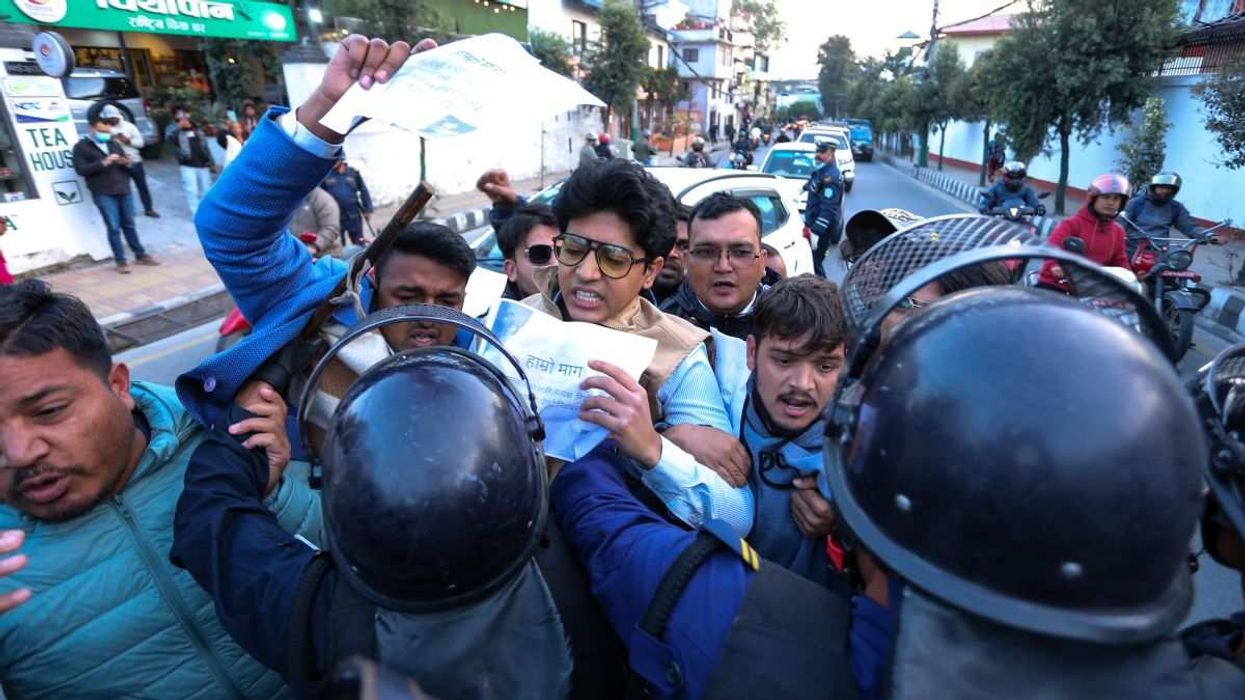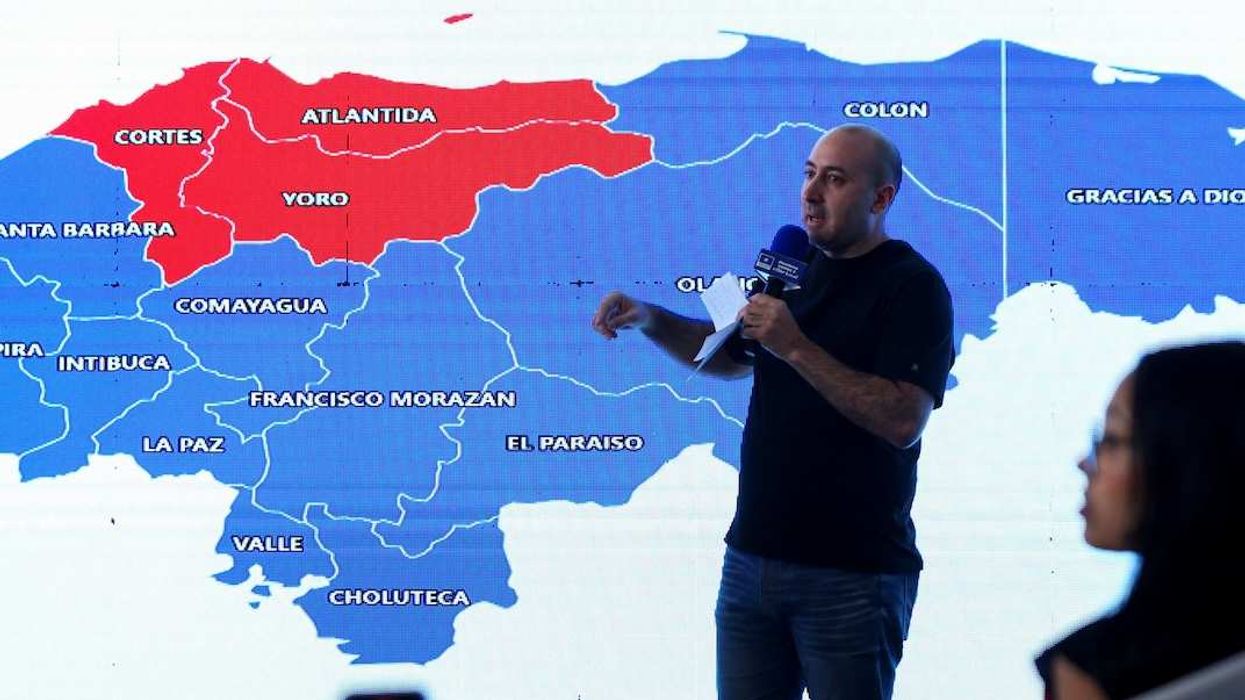For the US election apparatus, it likely feels like an impossible challenge under urgent, abridged circumstances. For those watching from abroad, the duration of the US presidential election cycle – beginning immediately after the mid-term elections and spanning nearly two years – has always been a bit of a headscratcher. The United Kingdom completed snap elections earlier this month that lasted six weeks from start to finish. Even President Emmanuel Macron’s decision to surprise Europe with elections in France held the country in suspense for just under a month. The lengthening of the US election timeline across modern presidential history, alongside the ballooning of campaign financing, may feel foundational to democracy. But seen through a comparative lens, these dynamics are idiosyncratically American.
Amid this major test of the US political system, Vice President Kamala Harris has enjoyed a storybook start to her presidential campaign. Just over a week in, she could not have written it up better if she tried. With Senate Majority Leader Chuck Schumer, House Minority Leader Hakeem Jeffries, and President Barack and Michelle Obama all endorsing her this past week, Harris saw the last of the dominoes fall in her favor. She can check the first benchmark, party unity, off her to-do list.
Harris’s campaign has seen a stunning inflow of donations that have reportedly broken historical records. Her early campaign messaging of fighting for America’s future, and the imagery of Harris as prosecutor versus the perpetrator, former President Donald Trump, is resonating. Latest head-to-head polling puts Harris and Trump at a virtual statistical tie, offering an ingredient for the Democratic campaign that Biden could not seem to bring: belief. Harris has Democrats believing she can expand the umbrella of potential constituencies and deliver a wider Democratic coalition in November. Harris even conquered social media with Charli XCX labeling her “brat,” which will perhaps prove to be the 2024 version of former Obama’s 2008 one-word mantra of “Hope.”
Leaders and watchers from abroad who have been wringing their hands for months over prospects of a Trump 2.0 find themselves taking a crash course on Harris. Without absolute clarity about what a Harris presidency would look like, the safe bet is that she will represent a policy continuity story for the Democrats. Foreign policy is particularly a “black box.” Unlike Biden, Harris is not known for her foreign policy experience. Having made fewer than two dozen trips abroad during her vice presidency, Harris was never assigned a foreign policy “patch” as VP and served more as a surrogate for high-level conferences and meetings like the Munich Security Conference.
Across the aisle, Trump is also waking up to the full reality of Harris’s candidacy. His plan to run down the clock to November by appealing to his base now faces alarm bells. Where his address at the Republican National Convention and selection of Sen. JD Vance as his running mate seemed like obvious tactics in the pre-Harris world, the risk is that Trump has narrowed his pathway to victory in November. He must now decide whether and how to get out of the trap he laid for himself, a position he most certainly will reject in favor of rallying cries around election integrity, fraud, and a rigged system.
Given all that is at play, it is hard to know which election narrative ultimately rings truest on Nov. 5. Will the anti-incumbency, anti-establishment sentiment circling the globe prove decisive? Does age – first Biden’s but potentially now Trump’s – matter? Is the existential threat to US democracy the single and most animating force for voters? Did Harris’s entrance come too late for a political system used to knock-down-drag-out campaign fights? And will there be blood? Whichever trend proves most salient, the summer of 2024 reset the race. The election countdown starts now.
Dr. Lindsay Newman is a geopolitical risk expert and columnist for GZERO.



















